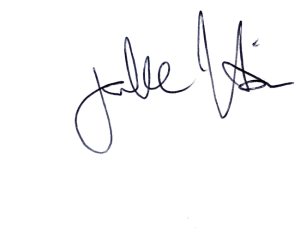“In times like the present, men should utter nothing for which they would not willingly be responsible through time and eternity.”
-Abraham Lincoln
The prophet Noah answered a divine call to responsibility. A construction of an ark, the rounding up of the animals, and the eventual reception of a revelation in the form of a rainbow showed that Noah’s direct adherence to the divine instructions was what brought him favor in the eyes of God. It is written that Noah was an “Ish Tzaddik,” a righteous man, said to live amongst those who had corrupted the earth, the lawless individuals who drove God to send the flood to wipe out all life.
The question remains: If Noah was so righteous, why didn’t he challenge God’s plan or warn any of the people around him of their impending doom?
When viewed as an average human, Noah was just protecting his family, saving animals, and carrying out a holy command. As a prophet and so-called, “righteous man,” his failure to notify the masses and challenge God’s plan to wipe out humanity are major hits to his legacy, especially with Abraham boldly standing up to God to try to save the people of Sodom and Gomorrah just a few chapters later. There is much debate in history as to whether those in positions of power should be held to higher moral standards than the average citizen. Noblesse Oblige, from French meaning “nobility obliges,” promotes the idea that those who are privileged must maintain more than just the bare minimum of decency.
These past several years we’ve seen an alarming uptick of antisemitic events in our nation. Recently, the outrageous antisemitic outbursts of Ye, the rap artist and fashion designer formerly known as Kanye West, have sent shockwaves throughout the Jewish community and beyond.
Ye has more followers on the social media platform Instagram than there are Jews in the entire world.
In the wake of this controversy, some young Jewish Ye fans have been struggling with the concept of separating the art from the artist. Some say artists, celebrities, and politicians are just humans and can be flawed. This doesn’t justify unsavory actions, but allows people to continue to support the artist, celebrity, or politician without any consequence of conscience. When it is allowed for individuals to use their platforms to perpetuate hate, still profit off of their work, and stay in power, a message is sent to the masses that this type of behavior is completely acceptable.
Regardless of any person’s fame or status, they should unequivocally be held responsible for their actions.
The responsibility to adhere to a code of conduct is amplified when a person has a platform to influence millions, or even billions of people. The maintaining of democracy through the generations depends on individuals understanding that their continued obligation to treat others fairly and compassionately is the very foundation of a just society.
Following the flood, Noah is found by his sons drunk and naked. Perhaps Noah excessively imbibed because he felt the guilt of allowing all of humanity to be wiped out without speaking up. We don’t revere our Biblical ancestors for their perfection, rather we learn from their flaws and use them as examples to help us be better and more righteous people.
Shabbat Shalom,

Cantorial Soloist Jake Harris
Temple Beth El of Boca Raton








